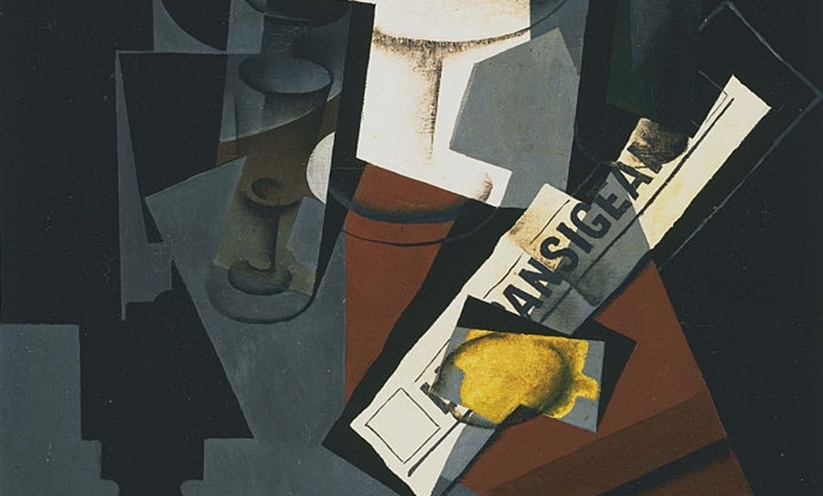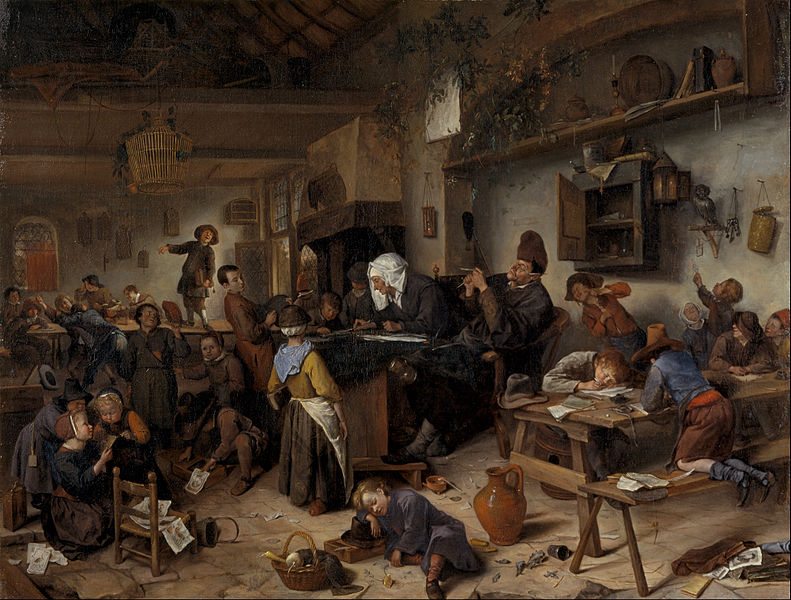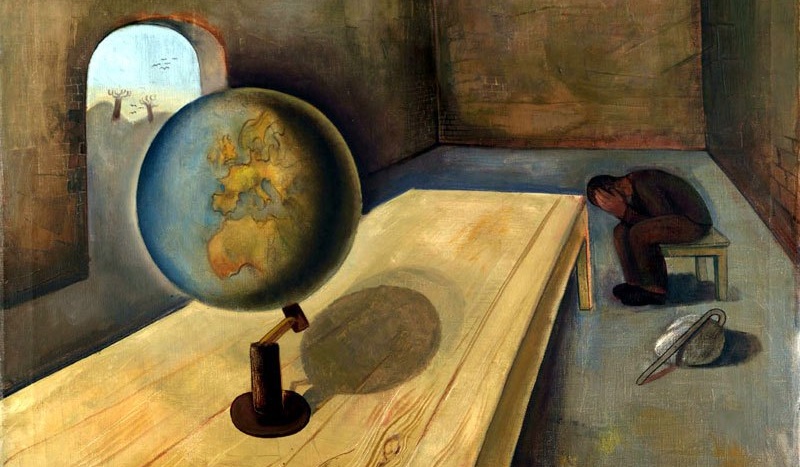
What Happened Recently in Poland
Sejm has approved removing the Disciplinary Chamber of the Supreme Court, a body used by the PiS government to sanction outspoken independent judges, and which has drawn condemnation from the European institution.









